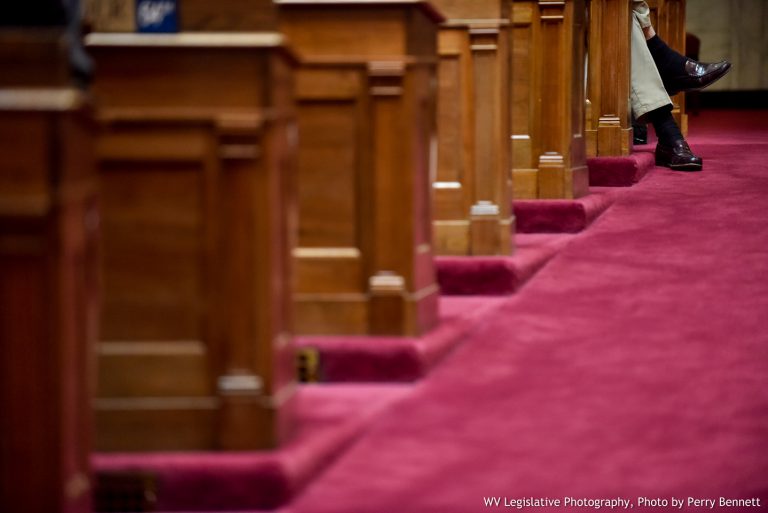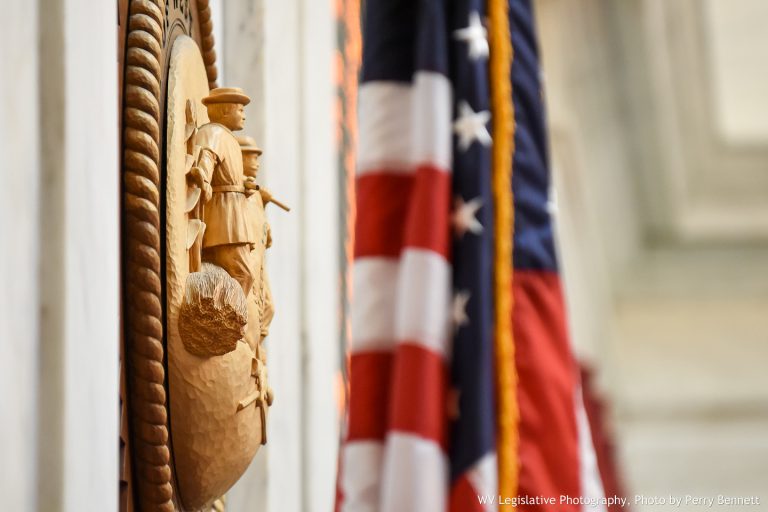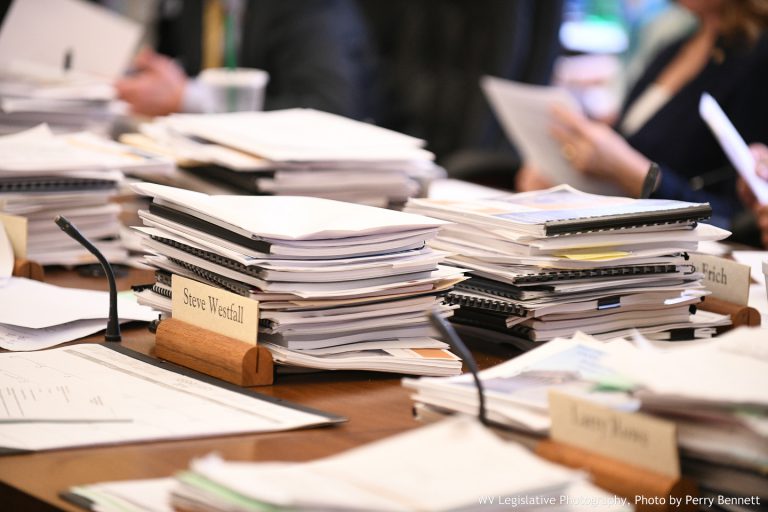Hundreds of bills pass through the Legislature each session, and an even larger number of important decisions are made. The 134 elected legislators do not make those decisions alone.
Legislators rely on input from multiple sources during the lawmaking process. Activities, from lobbying to day-to-day conversations, provide lawmakers opportunities to receive input, and the source of the input is as diverse as the scope of the topics covered each session.
Lobbying simply means trying to influence the passage of legislation to further the goals of an organization or person a lobbyist represents.
Professional lobbyists must register with the State Ethics Commission before lobbying. According to its web site, “The Ethics Commission administers a code of conduct for public servants, promoting and strengthening the public’s confidence in the integrity and impartiality of governmental actions.”
Registration is on a yearly basis, and those who are required to register must also undergo official training within 90 days of registering and before lobbying. Individuals required to register are those who receive compensation for lobbying or those who spend money on a public servant in furthering of their lobbying activities. Groups such as unions, business entities and other associations utilize lobbyists to influence lawmakers.
Although those individuals are paid to lobby, they are not the only ones who have the ears of legislators.
During the Legislative session, individuals from state agencies and executive boards appear before committees to express the wishes and needs of their respective agencies to try to encourage the committee to act in favor of the division or department. Those agency and board members and directors do not have to register as lobbyists unless they meet the two requirements for registration. However, they still speak to lawmakers and influence the process.
Members of associations attend committee meetings and public hearings to speak to legislators much like the executive directors. While these organizations may have professional lobbyists working on their behalf, the typical members of those groups also organize to contact and influence legislators.
Additionally, average citizens influence legislators at the Capitol and from their homes across the state. Throughout the Legislative session, days are designated for different associations, cities, municipalities and organizations across the state. On those days, citizens who are part of those groups visit the Capitol and speak to lawmakers and others to express their interests.
Citizens also have the opportunity to visit the Capitol Complex themselves. From touring the grounds and marble halls to meeting with Legislators, visiting the Capitol presents citizens with an inside look at the process and the people who are key components of that process.
The Legislature also provides constituents multiple methods of reaching its membership. Lawmakers have capitol phone lines, e-mail addresses and mailing addresses, which can be found on the Legislature’s web site: www.wvlegislature.gov.
Because West Virginia has a citizen’s legislature, lawmakers are only in Charleston for part of the year. For the rest of the time, they are in their hometowns, working in their other careers and interacting with their constituents, friends and families.
The Legislature’s representation of the state depends on the various kinds of input offered from constituents and organizations, and, as the First Regular Session of the 80th Legislature draws to a close, the massive workload is made a little easier by the input of those who express their needs and ideas to their representatives.
 In a brief floor session, the House moved eight bills to third reading and suspended the rules to read one bill a first time.
In a brief floor session, the House moved eight bills to third reading and suspended the rules to read one bill a first time.

 This evening, the Senate passed 16 bills, including
This evening, the Senate passed 16 bills, including  In the second floor session of the day, the House passed 14 bills and moved eight to second reading for tomorrow’s session.
In the second floor session of the day, the House passed 14 bills and moved eight to second reading for tomorrow’s session.



 This morning, the Senate passed 18 bills, including
This morning, the Senate passed 18 bills, including  Today marks the 50th day of the Legislature and cross-over day here at the Capitol. In a early floor session, the House passed 34 bills.
Today marks the 50th day of the Legislature and cross-over day here at the Capitol. In a early floor session, the House passed 34 bills.